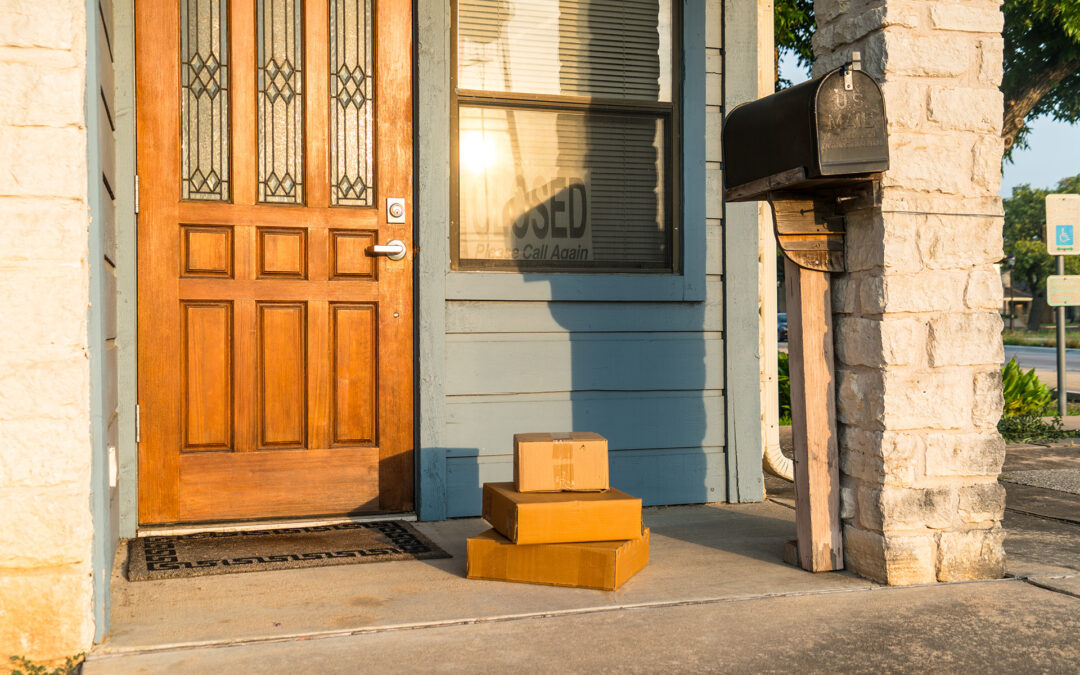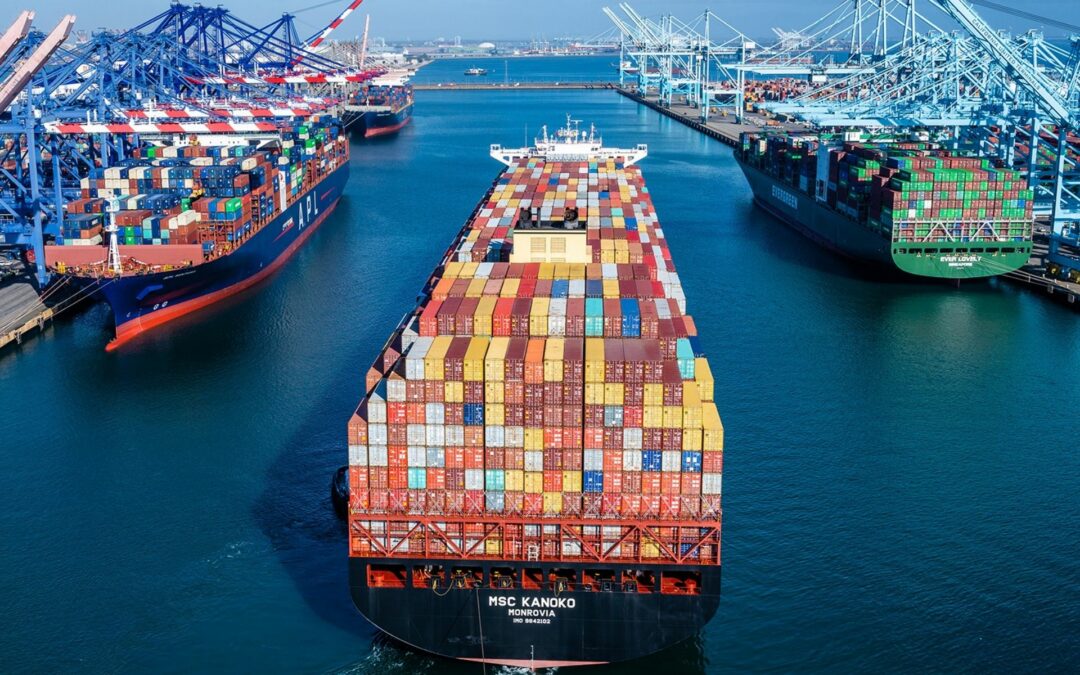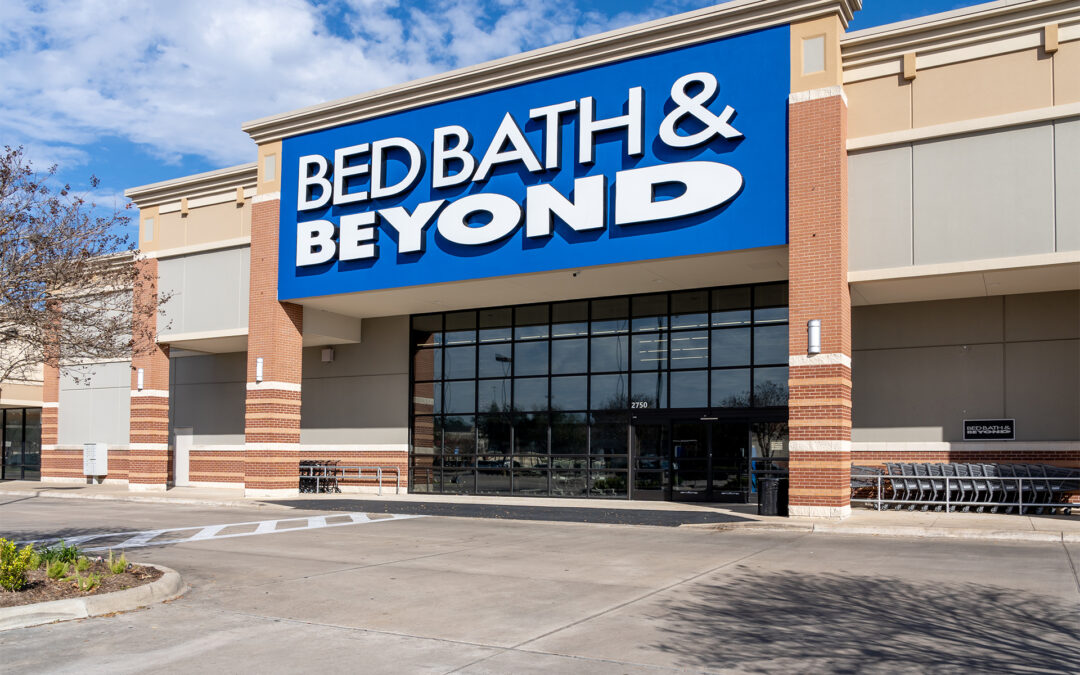As it continues to confront back actors on its platform, Amazon released its second Brand Protection Report covering how the company is acting on commitments regarding the authenticity of goods sold.
In 2021, Amazon noted, the company invested more than $900 million and had more than 12,000 people, including machine learning scientists, software developers and expert investigators, dedicated to protecting customers, brands, selling partners and their stores from counterfeit, fraud and other forms of abuse.
The second Amazon Brand Protection Report details how the company is progressing in three key areas: proactive efforts to protect Amazon’s store, tools enabling rights owners to partner with it to better secure their brands and holding bad actors accountable.
The report highlights as identified by Amazon include:
- Deterring and Stopping Bad Actors. Amazon stopped more than 2.5 million attempts to create fraudulent selling accounts, down more than 6 million attempts in the prior year due to robust vetting and efforts to hold bad actors accountable.
- Increasing Adoption of Brand Protection Tools. Brand Registry, which unlocks a suite of tools that can help partners protect their brands on Amazon, grew to include more than 700,000 active brands, an increase of 40% from the prior year, as valid notices of infringement decreased by 25% year over year given continued growth in the adoption and effect of automated brand protection tools.
- Holding Counterfeiters Accountable. Amazon’s Counterfeit Crimes Unit continued to focus on ensuring that counterfeiters were held accountable, filing civil litigation against more than 170 counterfeiters in U.S. courts during 2021, while it sued or referred more than 600 criminals for investigation in the United States, the United Kingdom, the European Union and China, an increase of more than 300% over 2020.
- Identifying and Seizing Counterfeits. Amazon identified, seized and disposed of more than 3 million counterfeit products in its fulfillment system and in the process of shutting down counterfeiter warehouses and other facilities as part of coordinated efforts with brands and law enforcement.
- Forging Public-Private Partnerships. Amazon published a blueprint for public and private sector action to stop counterfeiters that included information exchanges in the private sector to stop bad actors across retailer businesses, partnering with customs to protect the border, and boosting resources law enforcement can use to bring charges against criminals trying to sell fake merchandise.
“Our team continues to innovate to stay ahead of bad actors while working in partnership with rights owners, law enforcement, and other experts to ensure customers can continue to shop with confidence,” said Dharmesh Mehta, Amazon’s vp of selling partner services in announcing the report publication. “While we are proud of the progress we have made, we will not stop until we drive counterfeits to zero in our store.”





